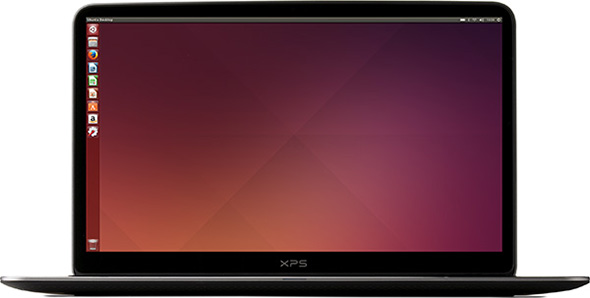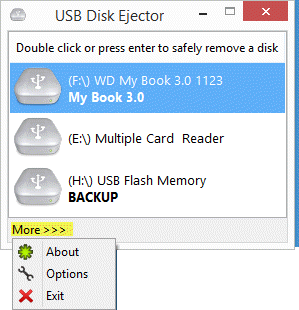Hey, anything is possible. And unlike the early Vista era, Canonical is actively chasing Windows users with its latest release.”The 14.04 LTS release offers a solid, intuitive experience which is easy to manage,” Jane Silber, CEO at Canonical comments. “It is a viable and affordable alternative for those organizations considering a switch from Microsoft, and specifically those replacing XP or Windows 7 as they come to the end of life.”Based on those comments, Canonical is also going after Windows users who don’t like the direction Microsoft took the platform with Windows 8. It’s a bold and aggressive strategy, and you have to give Canonical credit for going about it in a tactful manner — the company isn’t bashing Microsoft or Windows, it’s just pointing out that Ubuntu 14.04 is a cost-effective alternative.

Ubuntu 14.04 is optimized for desktops and laptops with multi-touch trackpads and touchscreens. It also supports high pixel density display screens. At the same time, Ubuntu’s application store is growing. Canonical’s taking a similar strategy as Microsoft in fleshing out an ecosystem and platform that’s consistent among different types of gadgets.
The latest version of Libreoffice, a free productivity suite, comes bundled with Ubuntu 14.04. There have also been several changes to the desktop, such as Nautilus now defaulting to type-ahead find instead of initiating a search when you are looking for files within a directory.
If you want to give the new OS a spin, you can download Ubuntu 14.04 direct from Canonical.





